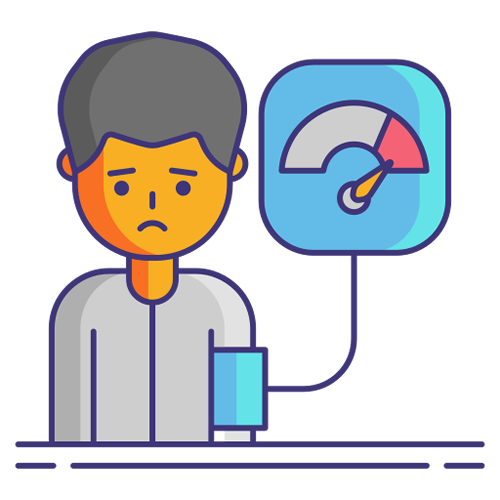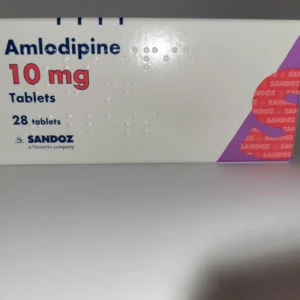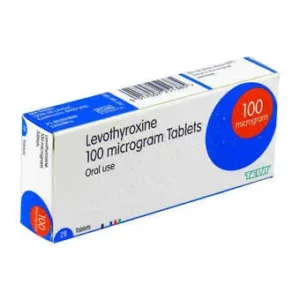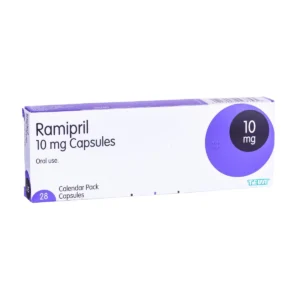No products in the basket.
Hypertension
Hypertension, commonly known as high blood pressure, is a chronic condition that affects millions of people worldwide. It occurs when the force of the blood against the walls of the arteries is consistently too high, putting extra strain on the heart and blood vessels. If left untreated, hypertension can lead to serious health problems, including heart disease, stroke, and kidney damage. However, we can effectively manage hypertension with early detection, lifestyle changes, and appropriate medical interventions.

Hypertension
We will explore what hypertension is, its causes, symptoms, and the treatment options available. We will also discuss how you can manage your blood pressure through lifestyle changes, helping you control your health and prevent complications.
What is Hypertension?
Hypertension is defined as having a consistently high blood pressure level. As your heart pumps blood, blood pressure measures the force against your artery walls. It’s measured in two numbers:
- Systolic blood pressure refers to the upper numerical value that measures the arterial pressure during a cardiac beat.
- Diastolic blood pressure: The bottom numeral indicates the arterial pressure during the intervals between heartbeats.
A normal blood pressure reading is usually around 120/80 mm Hg. Doctors typically diagnose hypertension when blood pressure readings consistently exceed 140/90 mm Hg. In some cases, blood pressure may reach dangerously high levels, putting you at risk of life-threatening complications.
Symptoms of Hypertension
Many people refer to hypertension as the “silent killer” because it typically doesn’t show any symptoms until it significantly damages the body. However, individuals with extremely high blood pressure may occasionally experience the following symptoms:
- Headaches: Persistent or severe headaches, often described as a feeling of pressure.
- Dizziness: A feeling of lightheadedness or vertigo.
- Shortness of breath: Difficulty breathing or feeling out of breath with minimal exertion.
- Blurred vision can occur when blood pressure is extremely high.
- Chest pain: A tight or uncomfortable sensation in the chest, which could indicate heart problems.
- Fatigue is defined as an unexplained feeling of tiredness or lack of energy.
Because hypertension may not show any symptoms, it’s crucial to have your blood pressure checked regularly, especially if you are at risk.
Causes and Risk Factors
Many factors can cause hypertension, some of which are within your control. Common causes and risk factors include:
- Genetics: Family history plays a significant role in your risk of developing hypertension. You may develop high blood pressure if your parents or close relatives do.
- Age: The risk of developing hypertension increases with age. Older adults are more likely to experience higher blood pressure due to the natural stiffening of the arteries.
- Obesity: Being overweight or obese puts additional strain on your heart, increasing the risk of high blood pressure.
- Sedentary lifestyle: Lack of physical activity can lead to weight gain and a higher likelihood of developing hypertension.
- Poor diet: A diet high in sodium, saturated fats, and processed foods can raise blood pressure. Low potassium levels can also contribute to hypertension.
- Excessive alcohol consumption: Drinking too much alcohol can increase blood pressure levels and affect heart health.
- Smoking: Smoking damages blood vessels, leading to an increased risk of hypertension.
- Chronic stress: Long-term stress can contribute to high blood pressure by triggering hormonal changes that increase heart rate and constrict blood vessels.
- Other medical conditions: Certain conditions, such as kidney disease, sleep apnoea, and hormonal disorders, can increase the risk of hypertension.
Diagnosis of Hypertension
Regular blood pressure measurements help diagnose hypertension. A healthcare provider will take your blood pressure using a cuff and a stethoscope or an automated blood pressure monitor. We recommend taking blood pressure readings on at least two separate occasions to confirm the diagnosis.
If your blood pressure is consistently high, your doctor may order further tests to assess your heart health, kidney function, and overall risk of complications. These may include blood tests, urine tests, and an electrocardiogram (ECG) to check for signs of heart disease.
Treatment Options for Hypertension
There are several treatment options available for managing hypertension, from lifestyle changes to medications. The goal of treatment is to lower blood pressure to a safer range, ideally below 130/80 mm Hg.
Lifestyle Changes
For many people with high blood pressure, lifestyle changes can significantly reduce blood pressure and improve overall heart health. Key changes include:
- Adopting a healthy diet: Reduce your consumption of processed foods, salt, and unhealthy fats while concentrating on eating more veggies, fruits, and whole grain foods.
- Exercising regularly: Aim for at least 30 minutes of moderate-intensity exercise most days of the week, such as walking, swimming, or cycling.
- Losing weight: Even a small amount of weight loss can significantly reduce blood pressure. It has a significant impact on lowering blood pressure.
- Limiting alcohol: If you drink alcohol, do so in moderation. The NHS recommends up to 14 units per week for both men and women.
- Quitting smoking: Smoking raises blood pressure and damages your blood vessels, so quitting can significantly reduce your risk of hypertension-related complications.
- Managing stress: Practice relaxation techniques, such as deep breathing, meditation, or yoga, to help manage stress and reduce its impact on your blood pressure.
Medications for Hypertension
If lifestyle changes alone are not enough to control your blood pressure, your doctor may recommend medication. The following are the most common types of blood pressure-lowering medications:
- Diuretics: Also known as “water pills,” diuretics assist the kidneys in eliminating extra water and salt from the body, which lowers blood pressure and blood volume.
- ACE inhibitors are medications that relax blood vessels by blocking a hormone that causes them to constrict, thereby facilitating easier blood flow.
- Calcium channel blockers: These medications prevent calcium from entering the muscles of the heart and blood vessels, allowing them to relax and dilate.
- Angiotensin II receptor blockers (ARBs): ARBs help relax blood vessels and lower blood pressure by blocking a hormone that narrows blood vessels.
- Beta-blockers: These medications reduce heart rate and the force of each beat, lowering blood pressure.
To achieve the desired effect, doctors may prescribe a combination of medications in some cases.
Monitoring Blood Pressure
Once treatment begins, regular monitoring of blood pressure is crucial to ensure that it stays within a safe range. Your healthcare provider may recommend regular check-ups to assess your progress and adjust medications or lifestyle changes as needed.
Living with Hypertension
Hypertension is a manageable condition, and with the right treatment plan, many individuals with high blood pressure can live healthy, fulfilling lives. It’s important to stay committed to your treatment regimen and make the necessary lifestyle changes to support your heart health.
By following your doctor’s advice, monitoring your blood pressure regularly, and making healthy lifestyle choices, you can reduce the risk of complications and maintain your quality of life. Consult a healthcare provider to develop a personal plan if you have received a diagnosis of hypertension or are worried about your blood pressure.
Take Control of Your Hypertension Today
Managing hypertension requires a holistic approach that combines medical treatment with healthy lifestyle choices. With the right care and support, you can lower your blood pressure, reduce the risk of serious complications, and improve your overall health.



